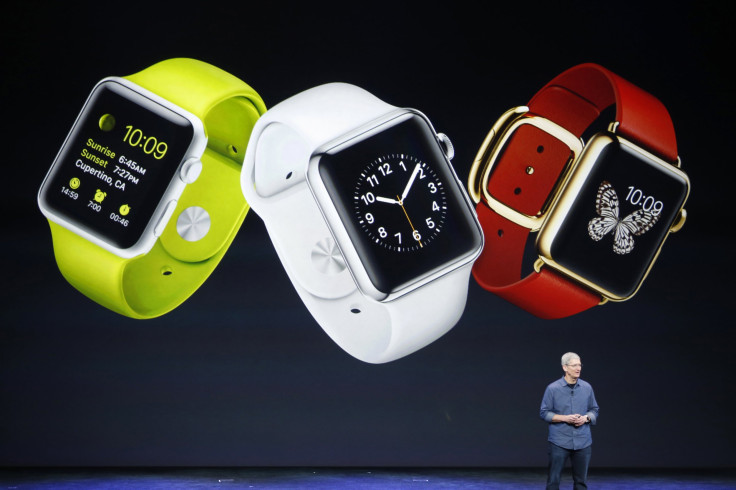Apple Watch 97% Accurate In Diagnosing Irregular Heartbeat, Study Says

Apple Watch might be more than a fancy accessory for your wrist. The device could be of great help to heart patients, according to a ‘Health e-heart’ study conducted by University of California, San Francisco, which finds that the device is 97 percent accurate in diagnosing irregular heartbeat.
Read: Apple Watch Series 3 Tracks Food Nutrition Using RFID Tags In New Patent
"Our results show that common wearable trackers like smartwatches present a novel opportunity to monitor, capture and prompt medical therapy for atrial fibrillation without any active effort from patients. While mobile technology screening won't replace more conventional monitoring methods, it has the potential to successfully screen those at an increased risk and lower the number of undiagnosed cases of AF," the report's senior author, Gregory M. Marcus, MD, MAS Endowed Professor of Atrial Fibrillation Research and Director of Clinical Research for the Division of Cardiology at UCSF, said in the findings published Wednesday.
The research trained a deep neural network (DNN) and paired it with the Apple Watch and Cardiogram app. In the course of the research, they took 139 million heart rate measurements and 6,158 subjects, who participated via the app.
Around 200 of the subjects had been previously diagnosed with paroxysmal atrial fibrillation – abnormal heartbeat. The DNN then separated this data from the rest.
The DNN was then pitted against in-hospital cardioversions –a process that restores normal heartbeat to patients with arrhythmia. On analyzing data from heart patients about to undergo treatment and according to the study, it was found a 97 percent accuracy in the device’s reports of abnormal heartbeat. Each subject wore the device for 20 minutes before and after cardioversion
The findings might be of great help to heart patients and could also help the research in the field further, since around one in four heart attacks is caused by abnormal heartbeat, according to Cardiogram co-founder Brandon Ballinger. He further said that two-thirds of these ailments were treatable with relatively inexpensive drugs.
According to the study, smartwatches and fitness trackers can be used to help at-risk patients and might even save lives using such algorithms, along with artificial intelligence.
“While mobile technology screening won't replace more conventional monitoring methods, it has the potential to successfully screen those at an increased risk and lower the number of undiagnosed cases of AF," said Gregory M. Marcus, director of clinical research for the Division of Cardiology at UCSF.
Read: Heart Health In Space: Astronaut Muscle Strength Down Because Of Blood Oxygen
An Apple representative, when asked by CNET about findings said he did not have any information about them but did mention a study done by John Hopkins University, which found that the device could detect possible seizures in advance. These kind of smart tools are easily available in the mass market, are generally not too expensive and serve many other purposes. But the fact that they could potentially save a patient’s life and maybe even health care costs, goes to show how health functions on smart devices might help not only the athletes, but even regular people with heart ailments.
© Copyright IBTimes 2024. All rights reserved.





















